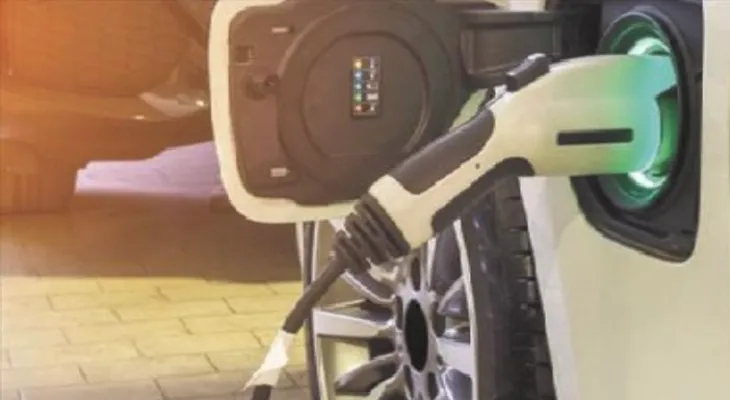Search here
Newspaper
Search here

Arab Canada News
News

Published: March 14, 2024
It seems that there is a new innovation aimed at accelerating the charging of electric cars, to reduce the downtime of the car while charging the battery for long periods, which wastes a lot of time. Swedish company Volvo Cars announced that the charging time for the new generation of its electric cars will be reduced by 15 to 30% compared to current cars thanks to the use of a new energy management system in the battery called "adaptive charging."
This means that the car that currently needs 30 minutes to recharge its battery will only need 21 minutes with the new technology, which is a computer program, without any change in the battery content itself.
Perth Technologies, the developer, announced that Volvo has widely validated it. Volvo also announced its investment in the London-based startup Perth Technologies through its investment arm Volvo Cars Tech Fund.
The company stated that it will use it in the next generation of cars and that it is compatible with the equipment Volvo is developing for them. This may not include currently existing electric cars like Volvo EX30 and EX90, which are expected to be launched later this year, while future models are likely to be modified to be compatible with the new technology.
Volvo also pointed to the environmental benefits of the new technology as it will reduce the need to replace battery packs frequently, which helps limit the depletion of metal and chemical resources used in battery manufacturing.
It is worth noting that the new technology will reduce the known visible risks called lithium plating that occur when lithium deposits accumulate on the surfaces of the anode electrodes in the battery, which hinders the charging process. Volvo says that improvements in charging time will continue throughout the battery's life cycle without affecting its safety."
Comments